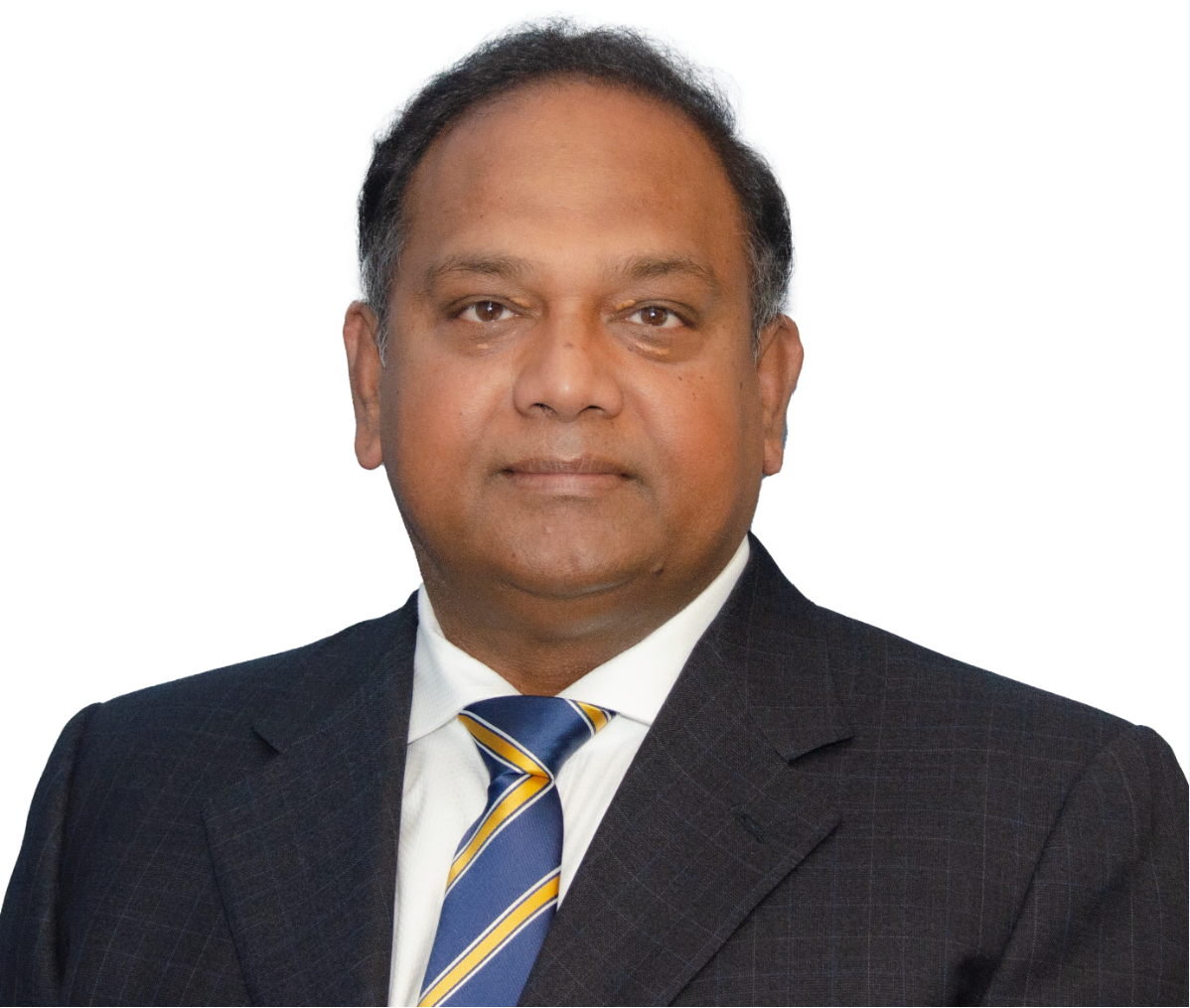Chandan K. Sen, PhD, MS
Chandan K. Sen, PhD, MS, a world-renowned regenerative medicine expert and pioneer of novel wound care technologies, joined the University of Pittsburgh in 2023 as associate vice chancellor for life sciences innovation and commercialization, health sciences, and also serves as director of the University’s McGowan Institute for Regenerative Medicine (MIRM). In these leadership roles, he is responsible for accelerating momentum in research areas that are key to the future of the Pittsburgh region, and for driving collaboration with local and national academic and industry partners to speed scientific discoveries to patients and the marketplace. Dr. Sen is also a professor of surgery in the School of Medicine, with a secondary appointment in the Department of Plastic Surgery and is chief scientific officer of UPMC Wound Care Services.
Since 2000, Dr. Sen’s research lab has consistently pioneered novel solutions for tissue injury, repair, regeneration and infection and propelled commercialization of a wide variety of therapeutics, preventatives and related products in the field. His scientific breakthroughs in tissue nanotransfection, electroceutical infection management, nanomedicine and bioinformatics apply to a wide range of diseases and conditions. He currently leads a patient-based biomarker study for the NIH-funded Diabetic Foot Consortium (DFC) – the first multicenter network to study diabetic foot ulcers. His team is also conducting a DFC study examining whether a breach of barrier function of the skin on a newly healed foot ulcer can predict the likelihood of its recurrence, a finding that would prove transformational in guiding treatment.
Among many awards and honors, Dr. Sen’s team won the 2018 Edison Award for Innovation for the development of a nanochip device that uses tissue nanotransfection (TNT) and nanoporation to noninvasively reprogram one type of tissue into another functionality. These TNT-based technologies could potentially enable skin and other tissue to be converted to tissue types necessary for supplying blood to ischemic tissues, reducing diabetic complications and re-growing damaged and diseased tissue. Dr. Sen’s team also won the 2016 Frost & Sullivan Award for New Product Innovation for being the first to show that special bandages that become electrically active upon contact with body fluids can be used to disrupt bacterial biofilm infection, combat antibiotic resistance and enable healing in infected burn wounds.
Dr. Sen earned his Master of Science degree in human physiology from the University of Calcutta, his PhD in physiology from the University of Eastern Finland and completed a postdoctoral fellowship in molecular and cell biology at the University of California, Berkeley. Prior to joining Pitt, he served at Indiana University (IU) as the J. Stanley Battersby Professor of Surgery, a distinguished university professor, executive director of the IU Health Wound Care Center and director of the Indiana Center for Regenerative Medicine and Engineering (ICRME), among other leadership roles. Dr. Sen has published more than 350 peer-reviewed papers (H-index 110) and a dozen books, which have been cited more than 45,000 times.

Name: Dr. Chandan K. Sen
Website: https://chandansen.org/
Email Address: c.k.sen@pitt.edu
Phone Number: (614) 446-4400
